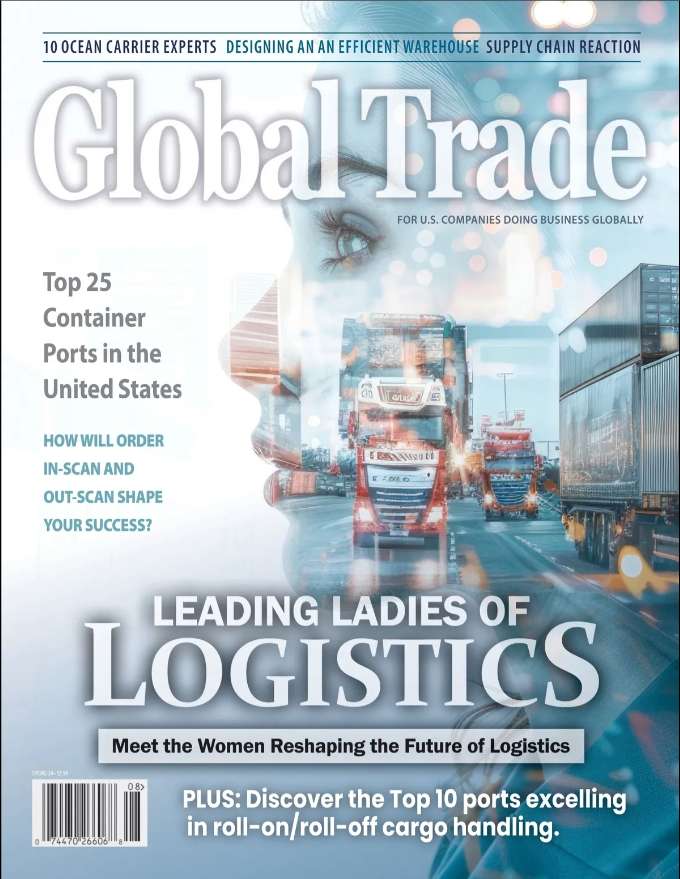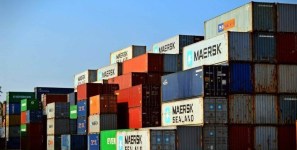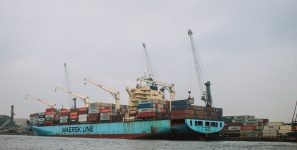It’s easy to take for granted our accessibility to products native to or manufactured in countries on the other side of the world. International trade makes it possible to enjoy a dinner of Kobe beef from Japan, tropical fruits from India and a bottle of wine from France, without having to wait days (or weeks) for all the ingredients to arrive. From the days of the Silk Road between Europe and Asia in the 1200s, international trade has facilitated the exchange of goods and services between nations. As transportation evolved to make doing business internationally more practical, the result has been a global economy where events in one county can impact product supplies, demand and prices in countries thousand of miles away. For consumers, global trade means more business competition, which (despite tariffs and other additional costs that do not apply to domestic trade) typically results in lower prices for the products they want to purchase. It also opens up more markets where countries can sell the goods that are more abundant within their borders. The Cycle of Global Trade Relationships International trade can, over time, change the nature of relationships between two countries. One familiar example is when a poorer nation provides labor and facilities to more developed trading partners, acquiring wealth that can then be channeled into greater domestic productivity. When that happens, it could eventually result in a reversal of roles, where the product importer becomes an exporter. One sees elements of this in the trade relationship between the U.S. and China.

How A Canadian Rail Strike Could Impact Freight Markets
Domestic and cross-border freight markets remain in limbo as the threat of a Canadian rail workers strike looms large over… Read More
Improved Carrier Sentiment Signals Potential Rate Increase in Truckload Spot Market
A recent Bloomberg | Truckstop survey reveals that sentiment among North American carriers in the truckload spot market has improved… Read More
Supply Chain: The Twilight Of Hyper-Globalization
How geopolitics, climate change and contracting labor forces will cause a “once in a lifetime” shift in supply chains Read… Read More
Maersk Adjusts Surcharges Amid Escalating Red Sea Risks
Recent developments in the Red Sea have prompted Maersk Line to implement surcharge adjustments and reroute vessels, signaling heightened concerns… Read More
Spearheading Gender Equality in the Digital Economy: UNCTAD Welcomes New Advocates
The United Nations Conference on Trade and Development (UNCTAD) is ushering in a new era of gender inclusivity in the… Read More
REVEALED: How Disruptions in The Supply Chain Affects the Infrastructure Industry
Supply chains across industries are a focal point for the success of processes and operations. Disruptions can have huge consequences… Read More
Charting the Course for Sustainable Seafood: The Future of Fish
Mission Kitchen is gearing up to host a day-long symposium, as part of its Tomorrow’s Table event series, dedicated to… Read More
Changes in Agrifood Production Can Cut Greenhouse Emissions by a Third
A groundbreaking report from the World Bank unveils a powerful strategy to slash global greenhouse gas emissions by almost a… Read More
Shippers Frustrated as Spot rates Rise With Demand
As demand surges on the Asia-European trades, carriers and forwarders find themselves grappling with escalating spot rates, leading to frustrations… Read More
Essential Guidelines for US Freight Forwarders
In a bid to clarify export compliance responsibilities, the Bureau of Industry and Security (BIS) has recently issued comprehensive guidance… Read More
The Future of Supply Chain: ASCM CONNECT 2024 in North America
Get ready to witness the pulse of supply chain innovation at ASCM CONNECT 2024: North America, hosted by the esteemed… Read More
Eventual Autonomous Shipping Faces Considerable Hurdles
Autonomous transport technologies first began with driving and flying. Drones have worked exceptionally well while driving continues to improve. Autonomous… Read More
« Previous 1 2 3 4 5 … 282 Next »












